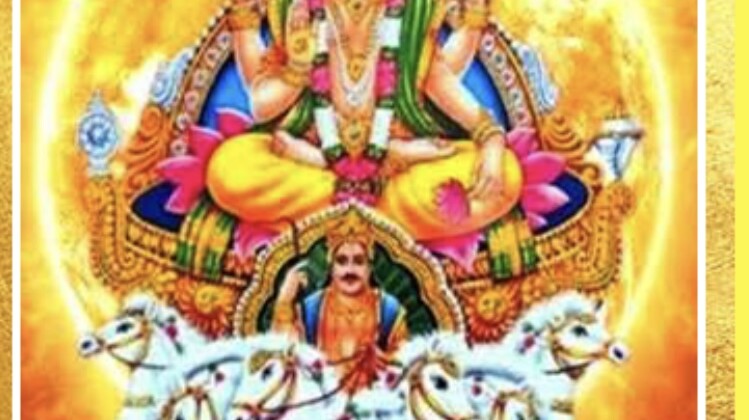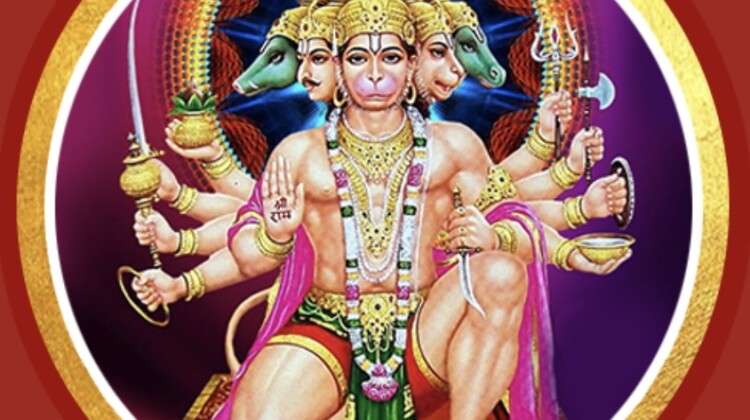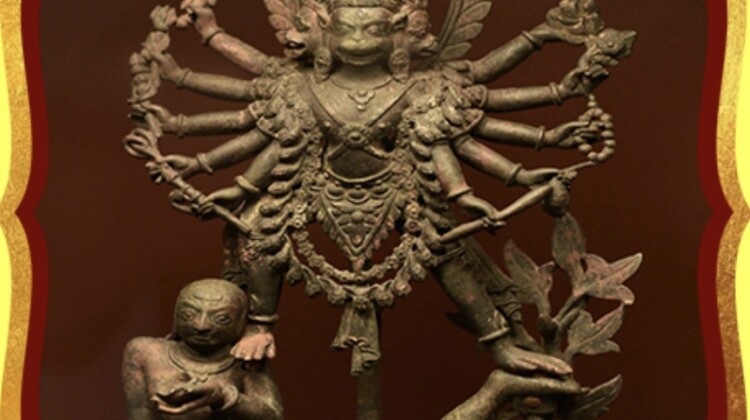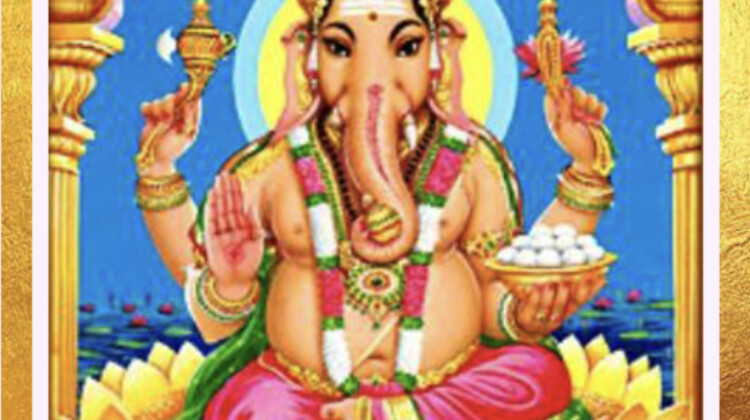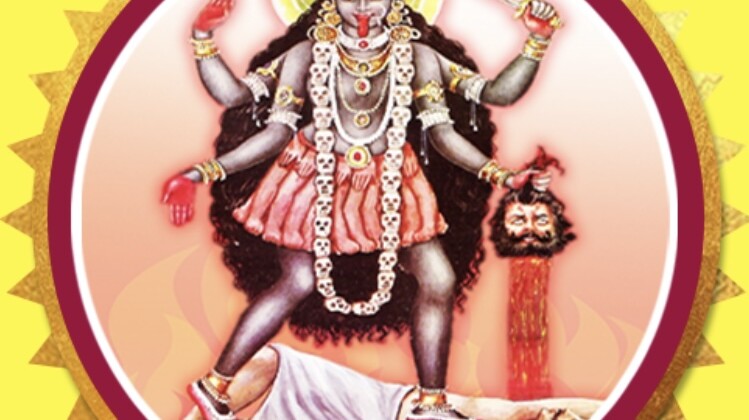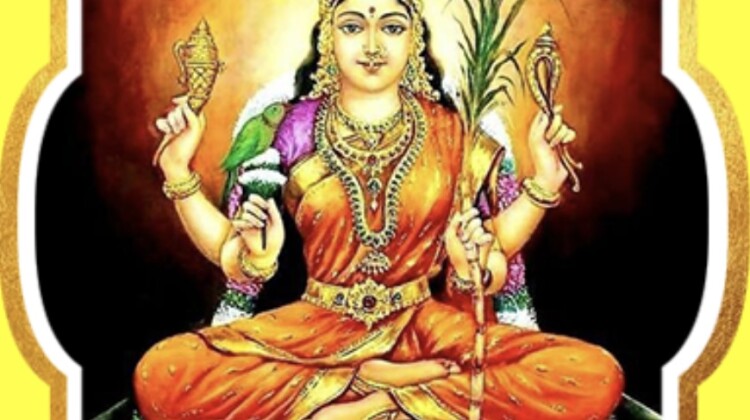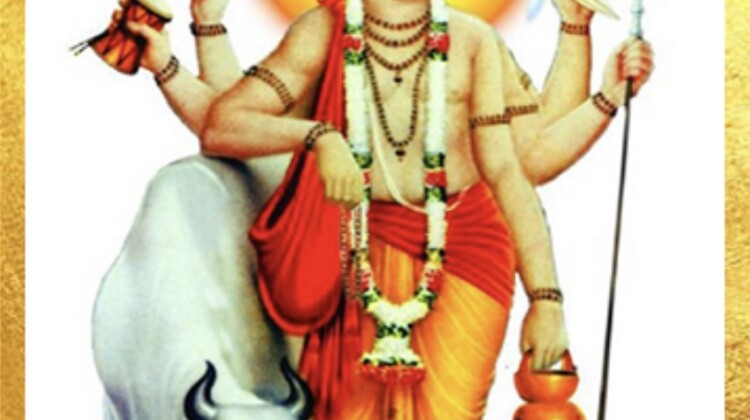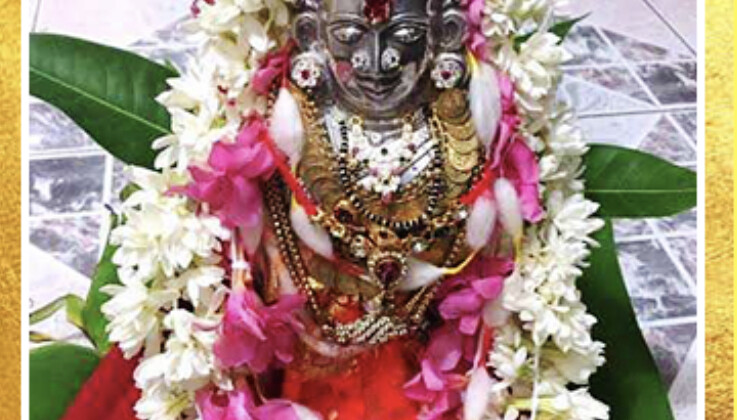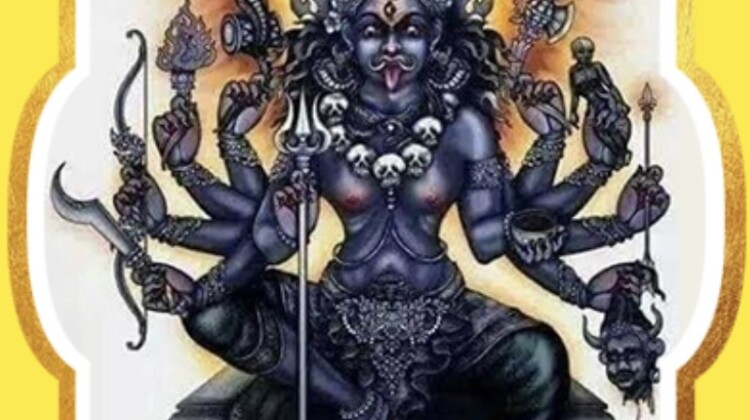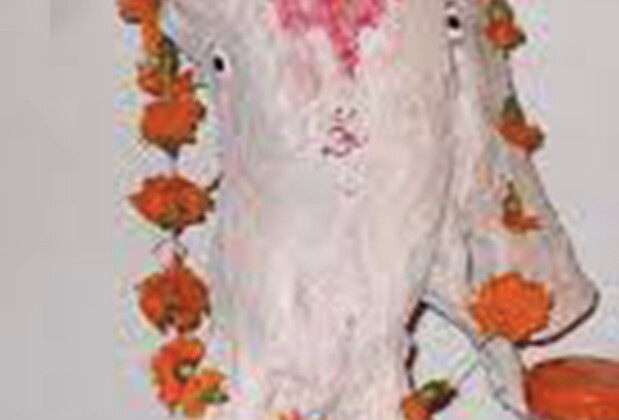Mahalaya Paksha, commonly called Pitru Paksha, holds a special place in Vedic traditions. Rooted deeply in ancestral veneration, this period serves as a bridge between the living and the departed, reminding us of the cyclical nature of life and the interconnectedness of generations. Spanning 15 days, usually in the Bhadrapada lunar month (typically September-October), it acts as a prelude to the vibrant festival of Navaratri, which celebrates the divine feminine.
During Mahalaya Paksha, devotees engage in various rituals, some of which are performed by the riverbanks, believed to be gateways to other realms. Tarpan, a ritual involving the offering of water and sesame seeds, is carried out as a gesture of gratitude and reverence for the departed souls. Special food offerings, known as ‘shraadh,’ are also prepared and presented, invoking the ancestors to partake in the feast. It’s believed that by performing these rites, one can ensure peace and a smooth passage for the ancestors in their spiritual journey.
While the period is essentially religious and spiritual, it emphasizes the importance of family bonds, lineage, and legacy. Mahalaya Paksha is a poignant reminder of the sacrifices, teachings, and values passed down through generations. Families often gather, reminisce, and share ancestral stories, emphasizing the continuity of life and the eternal bond that exists beyond the physical realm. This period underscores the idea that while individuals may pass on, their essence, teachings, and blessings continue to influence and guide the living.
Significance of Mahalaya Paksha or Pitru Paksha
During the sacred period of Mahalaya Paksha, also known as Pitru Paksha, the veil between our world and the ancestral realm thins, making the ‘Shraadh’ ceremonies especially potent. By honoring the departed through these rituals, we not only bring peace to their souls but also invoke their blessings, reaffirming the eternal bond between generations.
Engaging in ancestral ceremonies, such as those curated by Vedicfolks, offers a deep connection to our heritage. These practices bridge us to our ancestry, supporting our forebears in their spiritual journey. With genuine dedication, these rites yield blessings that bestow peace and abundance in our lives.
Here’s a glimpse of the ancestral rituals facilitated by Vedicfolks:
-
Shraad Maha Yagya: This ceremony is a heartfelt tribute to our ancestors. Through offerings, devotees express their gratitude, seeking the blessings and goodwill of those who came before them. It promotes a deep spiritual connection with their lineage.
-
Tila Homam: Aimed at appeasing ancestors, especially those who met untimely ends, the Tila Homam purges past wrongdoings, mends ancestral ties, and paves the way for a prosperous future. This ritual invites positive energies and blessings for life’s journey.
-
Garuda Purana Recitation: The Garuda Purana discusses what happens after death. Reading it during ceremonies is thought to help the departed souls and give insights into the temporary nature of life.
-
Mahalaya Paksha Tarpanam: A cornerstone of Vedic tradition, this rite allows devotees to pay homage to their ancestors, purifying karmic debts and seeking solace for the departed. It serves as a testament to the unbreakable bond between the living and those who have passed on.
-
Amavasya Tarpanam (Subscription Package): As a recurring homage to ancestors during the new moon, this subscription deepens one’s spiritual ties. Regular participation brings solace from daily challenges, fostering a harmonious life under the watchful eyes of one’s forebears.
Boons of Mahalaya Paksha or Pitru Paksha rituals
Mahalaya Paksha or Pitru Paksha rituals are believed to offer spiritual elevation to both the participants and their ancestors. By performing these rites, devotees clear ancestral karmic debts, paving the way for a more enlightened and obstacle-free spiritual journey for themselves.
One of the key boon of observing Pitru Paksha ceremonies is the inflow of blessings from satisfied ancestors. Their contentment can manifest in the form of prosperity, abundance, and stability in the lives of their living descendants, ensuring a lineage blessed with fortune.
Recognizing and honoring ancestors during Mahalaya Paksha reinforces the bond among family members. Such rituals nurture unity and respect within the family. It makes sure that the values, memories, and legacies of forebears continue to thrive in current and future generations.
Engaging sincerely in Pitru Paksha rituals is said to invoke the protective shield of ancestors around their kin. Their guidance and watchful presence help navigate life’s challenges, ensuring that their descendants walk a path of righteousness and virtue.
Get in touch with us
Joining our Mahalaya or Pitru Paksha rituals helps you connect with your ancestors. During this time, it’s believed their spirits are near. By honoring them, you not only find peace but also receive their blessings and guidance.
Register here: https://www.vedicfolks.com/ancestors-rituals.html









